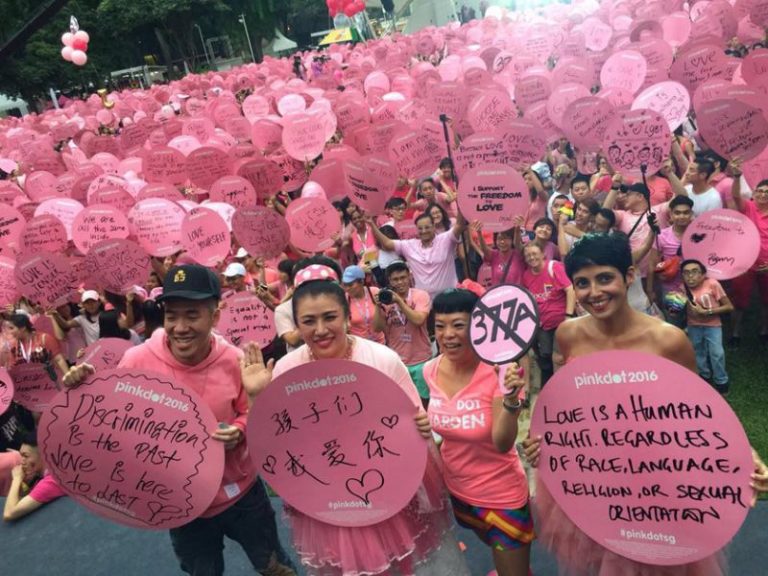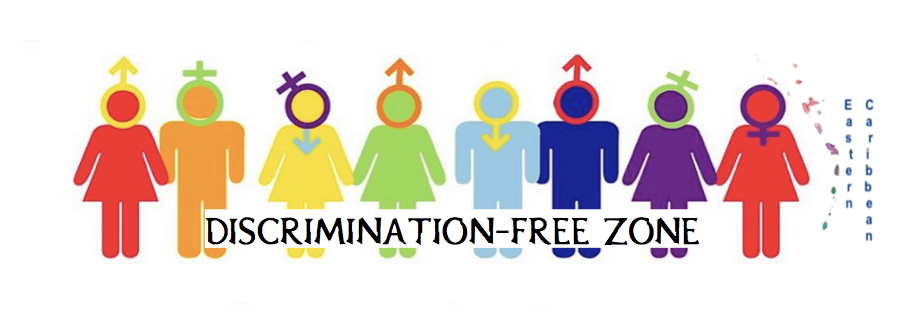Anti-gay laws in 2019: You win some, you lose some
Colin Stewart is a 45-year journalism veteran living in Southern…
Year in review: 2019 has been a mixed year for opponents of the anti-gay laws that still oppress LGBTQ people in dozens of countries worldwide.

During 2019, millions fewer people than in 2018 suffered under repressive laws that make same-sex intimacy a crime.
The most dramatic recent change was in India, where the Supreme Court overturned the nation’s 157-year-old colonial-era anti-gay law in September 2018. Nothing of that magnitude happened in 2019.
Gay-friendly lawsuits and political initiatives are under way in many nations, but by the end of 2019, the world still had a total of 73 countries with laws against same-sex intimacy — the same number as at the beginning of the year. As of 2006, the number had been 92.
GOOD NEWS
Positive changes during 2019 included:
- Angola: In January, recognizing its anti-gay law as an evil remnant of colonialism, the former Portuguese colony not only repealed the law, but also made anti-LGBT discrimination illegal.
- Botswana: In June, Botwana’s High Court overturned its colonial-era laws that made homosexuality a crime punishable by seven years in prison.
Also in June, the Himalayan kingdom of Bhutan came close to dropping its anti-gay laws. The lower house of parliament voted nearly unanimously to do so. LGBTQ rights activists are confident that the upper house will follow suit when the measure reaches there.
BAD NEWS
Negative changes during 2019 included:
- Brunei: In April, the East Asian sultanate imposed laws that allow death by stoning for homosexual activity. Before the law took effect, actor George Clooney called for a boycott of Brunei-owned establishments, including the Beverly Hills Hotel. Within a few months, Brunei agreed not to impose the death penalty.
- Gabon: In July, the west-central African nation enacted a law providing for up to six months in prison for same-sex intimacy.
New anti-homosexuality laws are under consideration in Indonesia, Egypt, Equatorial Guinea and perhaps Uganda. This blog’s list of countries with anti-gay laws already includes Indonesia because a large province and some Indonesian cities already outlaw homosexual acts. The blog’s list also includes Egypt because its vague yet harshly enforced law against “debauchery” is used to imprison LGBTQ Egyptians on suspicion of homosexuality.
LAWSUITS
LGBTQ activists in the Caribbean are preparing lawsuits challenging the buggery and indecency laws in Barbados, Saint Kitts and Nevis, Antigua and Barbuda, Grenada and Saint Lucia. Their aim is to file all those lawsuits by the end of this year.

A similar lawsuit in Kenya failed in May 2019 when the High Court ruled that the nation’s colonial-era anti-gay laws did not violate the Constitution.
Similar lawsuits are under way challenging the anti-gay laws of Singapore, Jamaica, the Indian Ocean island nation of Mauritius, and the Caribbean island nations of Dominica and St. Vincent.
The Inter-American Commission on Human Rights is considering petitions asking it to declare that anti-gay laws in Jamaica and Barbados violate human rights.
Lawsuits seeking recognition of same-sex marriage as well as political initiatives with the same goal are ongoing in many nations.




Lesbians in sports, 2019: Megan Rapinoe rules, Stenie ejected for who she loves